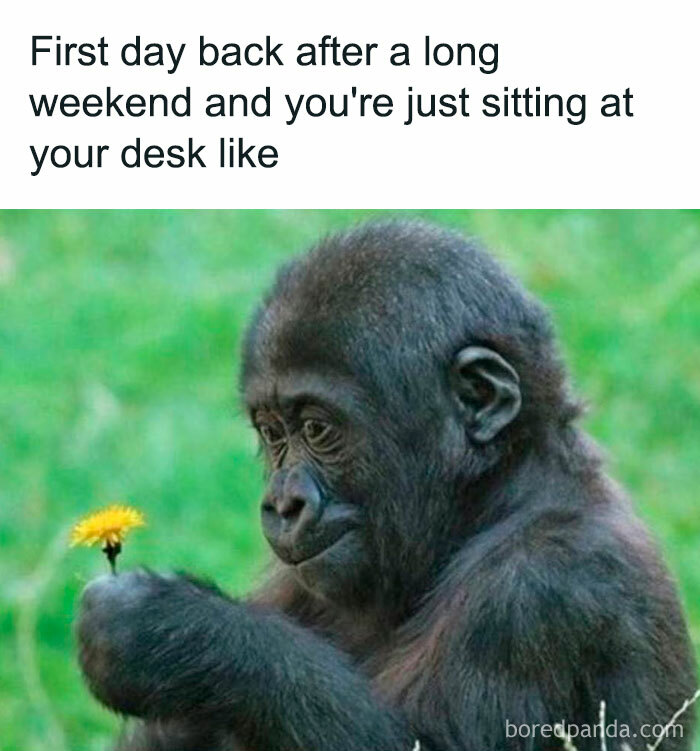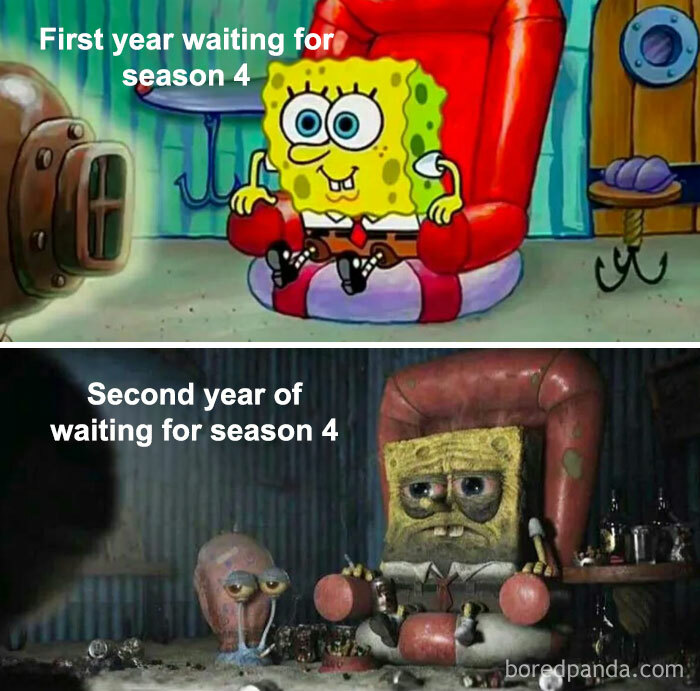When individuals react negatively to time inconsistencies or delays, they may be more likely to make less optimal choices about their diet. This stress could potentially lead to undesired fluctuations in their BMI. The research findings emphasize the importance of waiting patiently and approaching the situation with composure.
In 1837, French revolutionary Thomas Carlyle described the revolutionaries as a “long string of purchasers arranged in a tail, so that first to come be the first served.” In 1854, an American traveler chronicled his experience of “the queue,” which he observed while traveling through France, describing it as a novel concept. When Industrialization finally arrived, lining up became commonplace as people piled to work, went on their daily commute, and bought their wares.
Thankfully, patience is a muscle we can develop, according to Ramona Ford, PhD (Cleveland Clinic, 2024) (3). “It’s kind of like dancing. Everyone can improve with practice,” Ford says inspiringly. Waiting is challenging because cultural shifts have primed us to expect instant gratification. Fortunately, you can manage it through mindfulness by slowly building your tolerance for discomfort via listening and empathy. It may take time to master the perspective of patience, but it’s surely worth the wait. 2. Shaunacy Ferris. “12 Impatient Facts About Waiting in Line.” Mental Floss, July 5, 2016. | https://www.mentalfloss.com/posts/national-park-availability-alerts 3. Cleveland Clinic. “How To Be Patient: 6 Strategies To Help You Keep Your Cool.” Cleveland Clinic, June 5, 2024. | https://health.clevelandclinic.org/how-to-be-patient Follow Bored Panda on Google News! Follow us on Flipboard.com/@boredpanda! Please use high-res photos without watermarks Ooops! Your image is too large, maximum file size is 8 MB.
































































